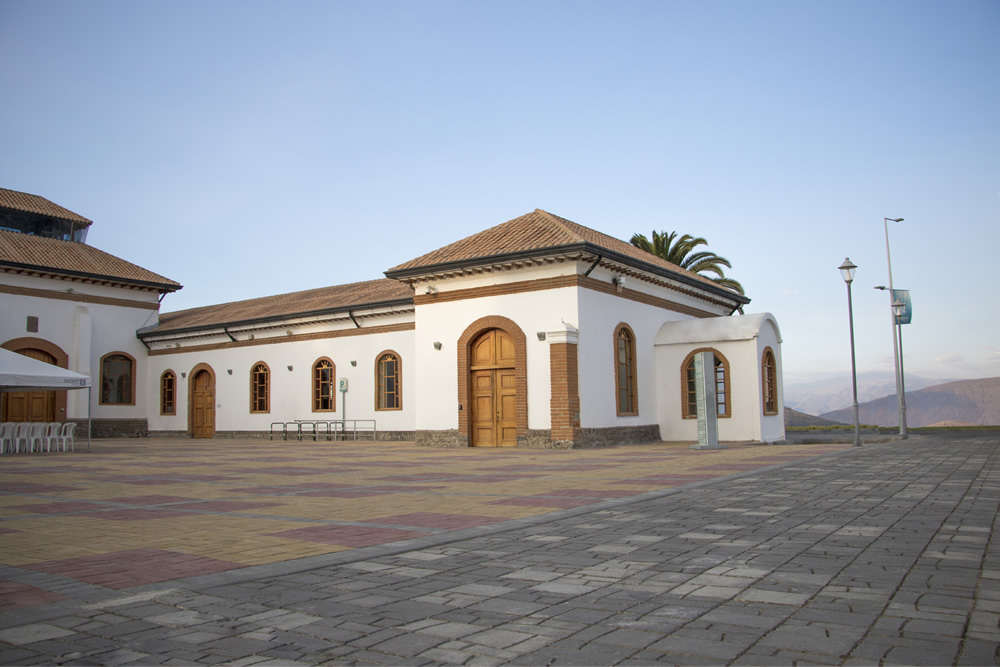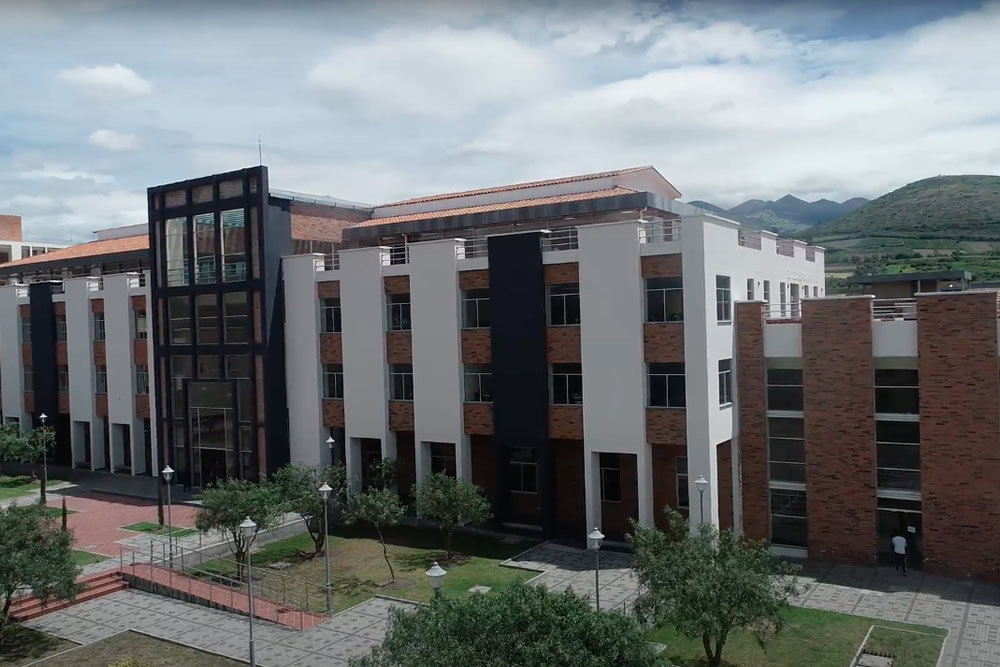Plant biochemistry / Hans-Walter Heldt, Birgit Piechulla ; in cooperation with Fiona Heldt
Tipo de material: TextoIdioma: Inglés Fecha de copyright: Amsterdam ; Boston, MA : Academic Press, 2011Edición: Fourth editionDescripción: xxiv, 622 pages : illustrations ; 24 cmISBN:
TextoIdioma: Inglés Fecha de copyright: Amsterdam ; Boston, MA : Academic Press, 2011Edición: Fourth editionDescripción: xxiv, 622 pages : illustrations ; 24 cmISBN: - 9780123849861 (hbk.)
- 0123849861 (hbk.)
- Pflanzenbiochemie. English
- 572.2 22
| Tipo de ítem | Biblioteca actual | Signatura | Copia número | Estado | Fecha de vencimiento | Código de barras | Reserva de ítems | |
|---|---|---|---|---|---|---|---|---|
 Colección general
Colección general
|
Biblioteca Yachay Tech | 572.2 H4745p 2011 (Navegar estantería(Abre debajo)) | Ej. 1 | Disponible | 005396 | |||
 Colección general
Colección general
|
Biblioteca Yachay Tech | 572.2 H4745p 2011 (Navegar estantería(Abre debajo)) | Ej. 2 | Disponible | 005397 | |||
 Colección general
Colección general
|
Biblioteca Jardín Botánico | 572.2 H4745p 2011 (Navegar estantería(Abre debajo)) | Ej. 3 | Disponible | 005398 |
Navegando Biblioteca Yachay Tech estanterías Cerrar el navegador de estanterías (Oculta el navegador de estanterías)

|

|

|

|

|

|

|
||
| 572.078 G365b 2014 Biochemistry laboratory manual for undergraduates: an inquiry-based approach / | 572.078 G365b 2014 Biochemistry laboratory manual for undergraduates: an inquiry-based approach / | 572.078 G365b 2014 Biochemistry laboratory manual for undergraduates: an inquiry-based approach / | 572.2 H4745p 2011 Plant biochemistry / | 572.2 H4745p 2011 Plant biochemistry / | 572.2 H4745p 2011 Plant biochemistry / | 572.3 L652v 2008 Voltage-sensitive ion channels : |
Translation of the 4th German edition [of Pflanzenbiochemie].
Includes bibliographical references and index.
A leaf cell consists of several metabolic compartments --
The use of energy from sunlight by photosynthesis is the basis of life on earth --
Photosynthesis is an electron transport process --
ATP is generated by photosynthesis --
Mitochondria are the power station of the cell --
The Calvin cycle catalyzes photosynthetic CO2 assimilation --
Phosphoglycolate formed by the oxygenase activity of RubisCO is recycled in the photorespiratory pathway --
Photosynthesis implies the consumption of water --
Polysaccharides are storage and transport forms of carbohydrates produced by photosynthesis --
Nitrate assimilation is essential for the synthesis of organic matter --
Nitrogen fixation enables plants to use the nitrogen of the air for growth --
Sulfate assimilation enables the synthesis of sulfur containing compounds --
Phloem transport distributes photoassimilates to the various sites of consumption and storage --
Products of nitrate assimilation are deposited in plants as storage proteins --
Lipids are membrane constituents and function as carbon stores --
Secondary metabolites fulfill specific ecological functions in plants --
A large diversity of isoprenoids has multiple functions in plant metabolism --
Phenylpropanoids comprise a multitude of plant secondary metabolites and cell wall components --
Multiple signals regulate the growth and development of plant organs and enable their adaptation to environmental conditions --
A plant cell has three different genomes --
Protein biosynthesis occurs in three different locations of a cell --
Biotechnology alters plants to meet requirements of agriculture, nutrition and industry.
The fully revised and expanded fourth edition of Plant Biochemistry presents the latest science on the molecular mechanisms of plant life. The book not only covers the basic principles of plant biology, such as photosynthesis, primary and secondary metabolism, the function of phytohormones, plant genetics, and plant biotechnology, but it also addresses the various commercial applications of plant biochemistry. Plant biochemistry is not only an important field of basic science explaining the molecular function of a plant, but is also an applied science that is in the position to contribute to the solution of agricultural and pharmaceutical problems. Plants are the source of important industrial raw material such as fat and starch but they are also the basis for the production of pharmaceutics. It is expected that in the future, gene technology will lead to the extensive use of plants as a means of producing sustainable raw material for industrial purposes. As such, the techniques and use of genetic engineering to improve crop plants and to provide sustainable raw materials for the chemical and pharmaceutical industries are described in this edition. The latest research findings have been included, and areas of future research are identified.
No hay comentarios en este titulo.




